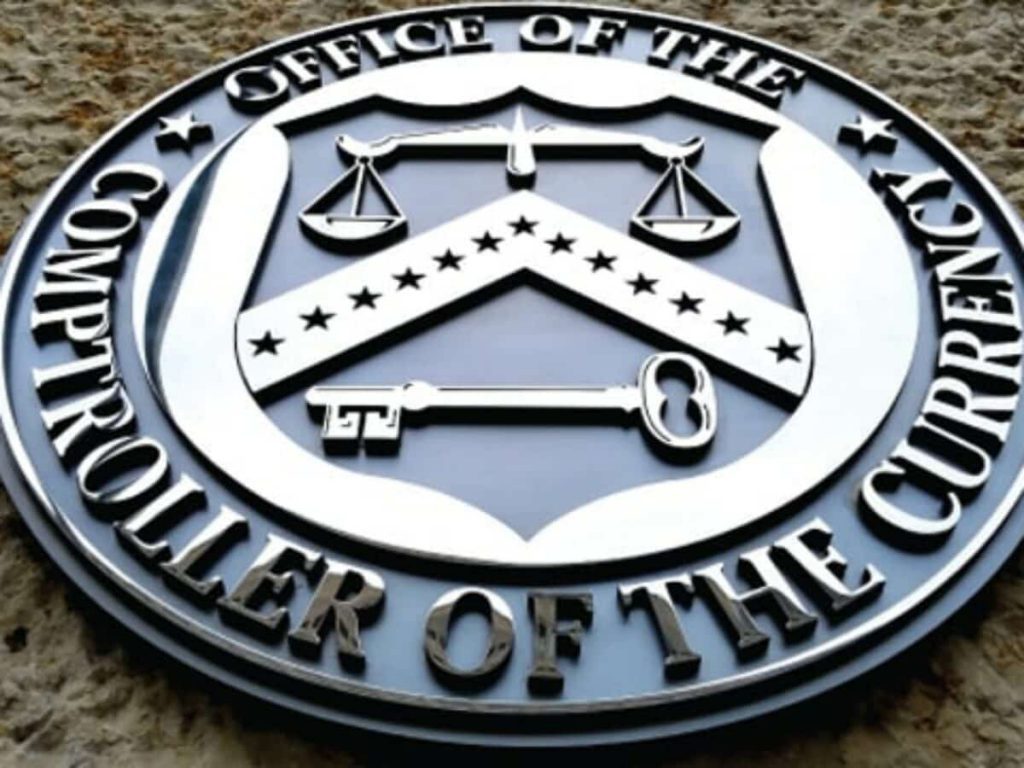The Office of the Comptroller of the Currency (OCC) has today published a clarifying letter to banks and federal savings associations. As stated in the letter, these concerned parties must demonstrate that they have absolute controls before engaging in any crypto-based activities.
Regulatory Clarity For Banks
Speaking about the regulatory clarity, the Acting Comptroller of The OCC, Michael J. Hsu believes that the letter highlights the importance of safety and soundness. And that by providing this clarity, all federal savings associations and national banks will only conduct cryptocurrency, distributed ledger, and stablecoin activities in a safe and sound manner.
In addition, Hsu highlights the risks that are typical of many of these technologies and products, saying banks must be able to show that they have appropriate capabilities to be able to mitigate against such risks. Only then, can they be able to conduct the activities safely.
In all ramifications, this letter comes with a certain measure of regulatory clarity as long as the banks and federal savings associations can refer to their relevant supervisory office beforehand, to inform them of their intent to conduct crypto-related activities.
Only after this, will the proposed activity be reviewed by the said supervisory office, which will then potentially, grant permission to carry out the activities, or not.
The OCC Letter Strikes a Semblance To International Regulators’ Views On Cryptocurrency
This recently published letter by the OCC, strikes a similar tone to that of international regulators who have weighed in on the crypto subject, especially as it relates to banking.
A recent report by IOSCO securities regulators and the Bank for International Settlements claims that stablecoins must be subject to the same rules as traditional payments.
IOSCO chair Ashley Adler has also issued a statement saying that this report indicates that significant progress is being made in understanding the implications of stablecoin arrangements for the financial system. Adler also said that now, there’s a practical and clear guidance on the standards that banks need to maintain its integrity.
In the same vein, Bank for International Settlements had also said earlier this year that banks must keep aside enough capital that will cover any losses they may incur over any crypto asset holdings.


